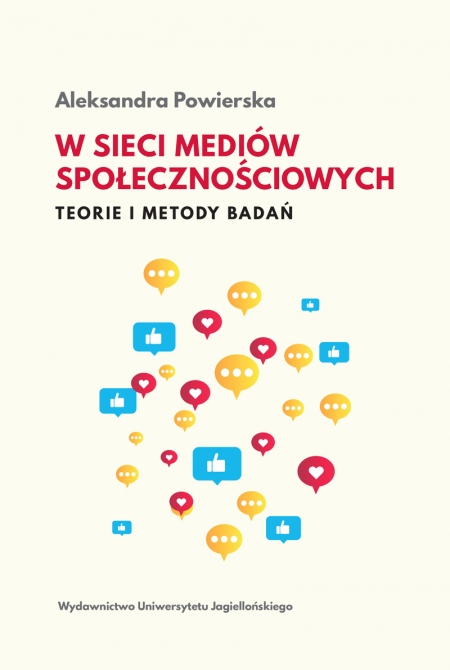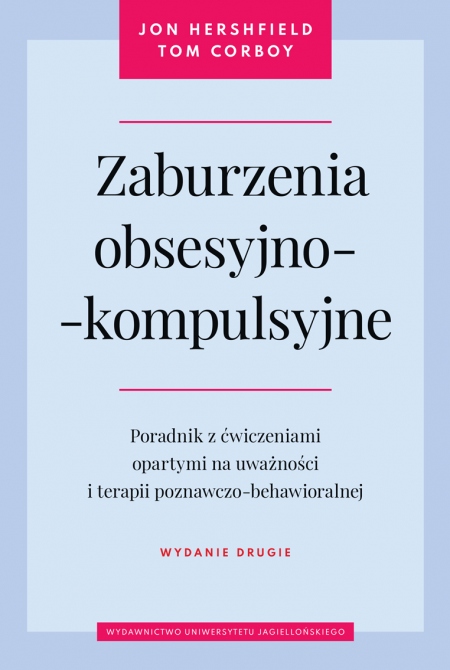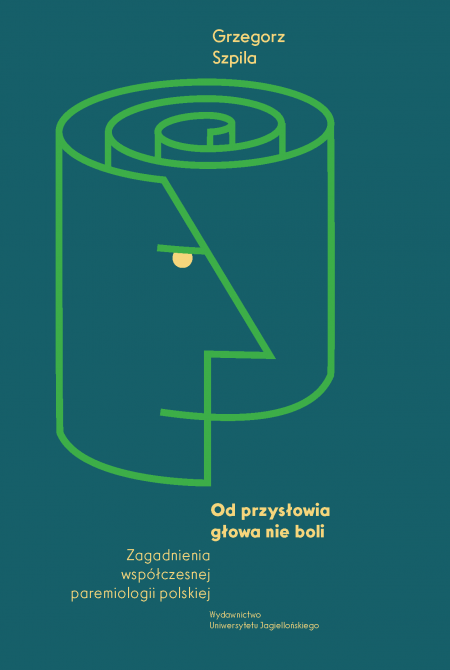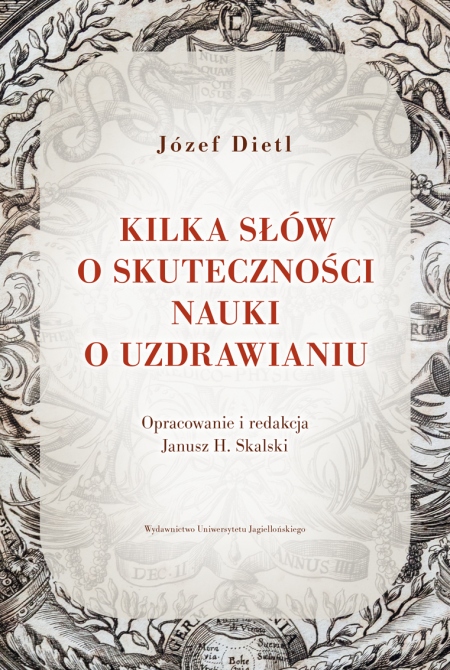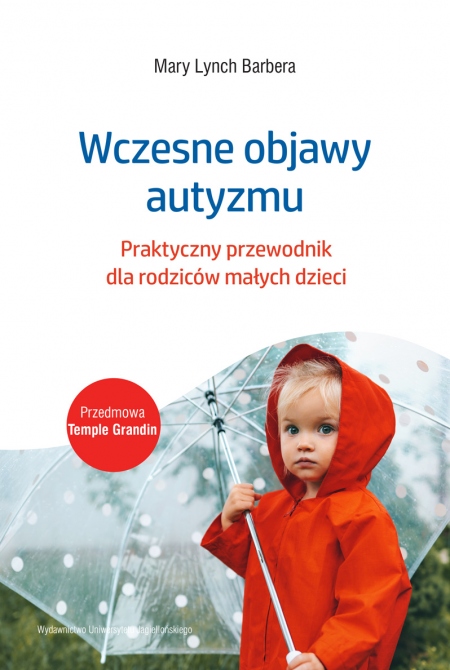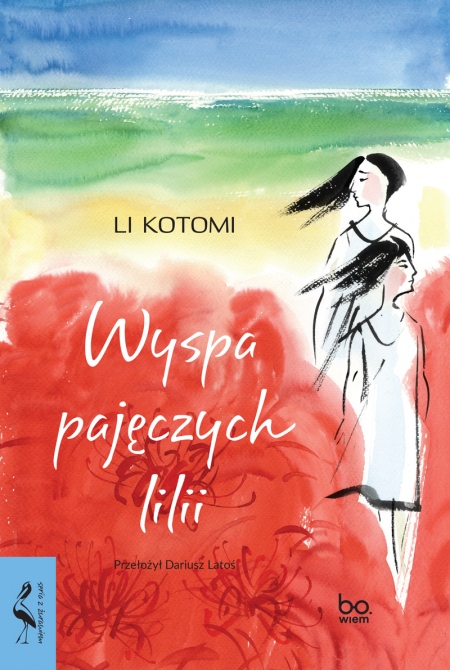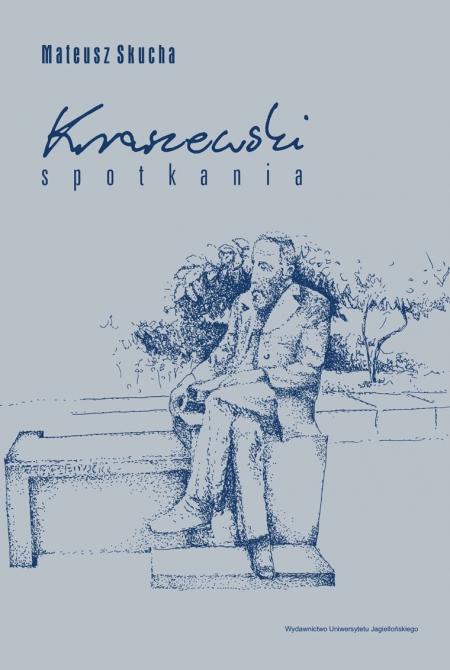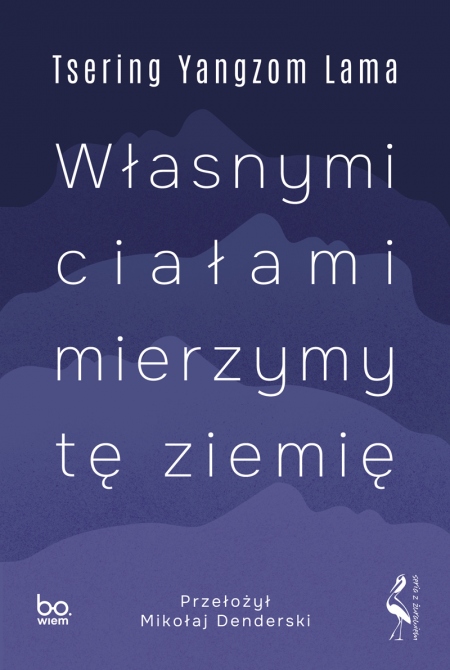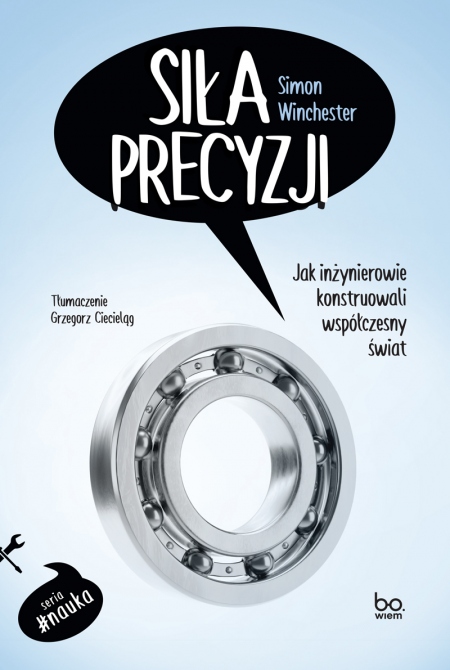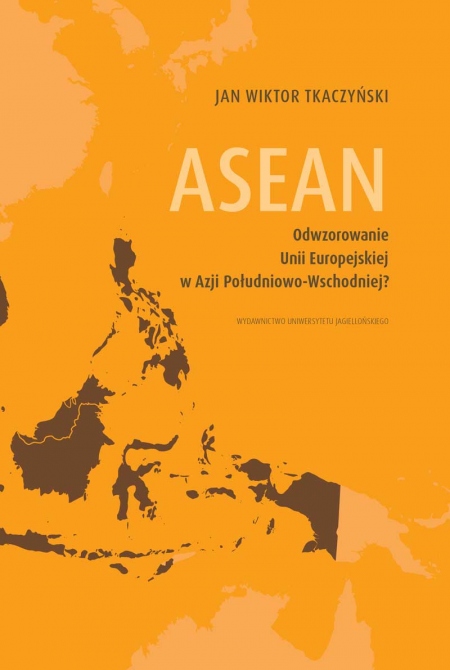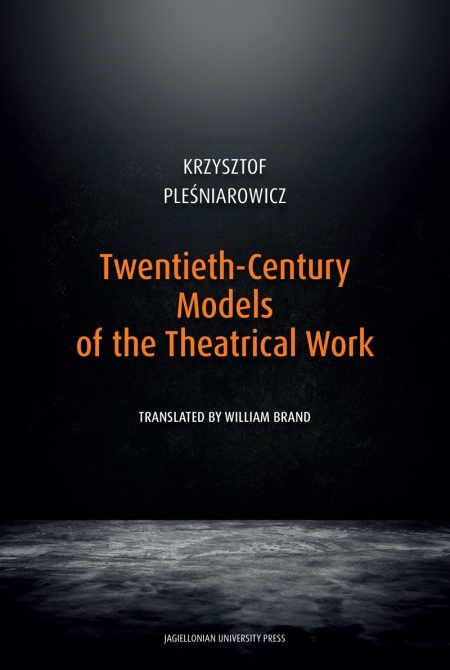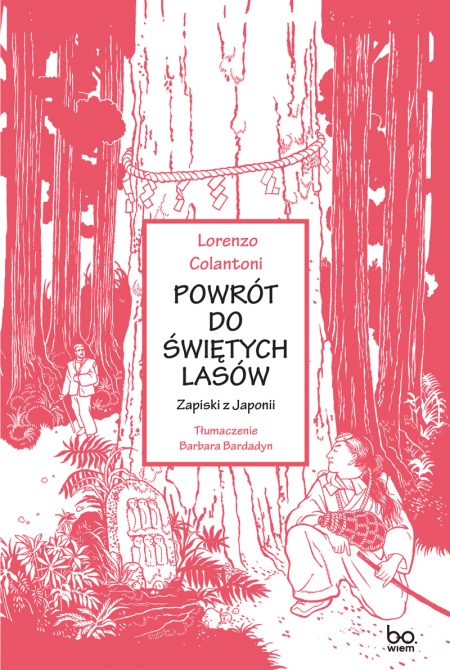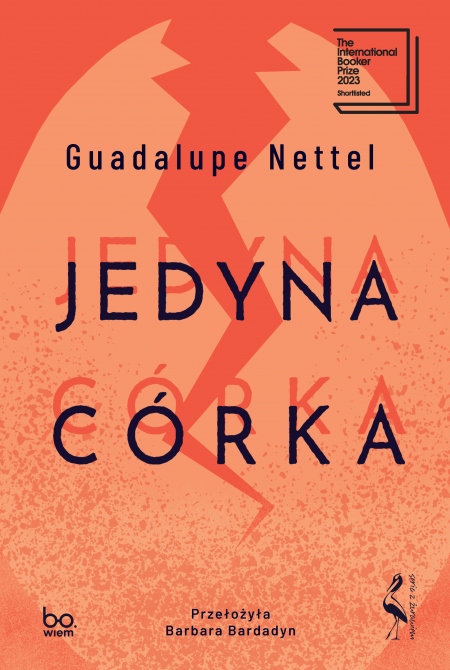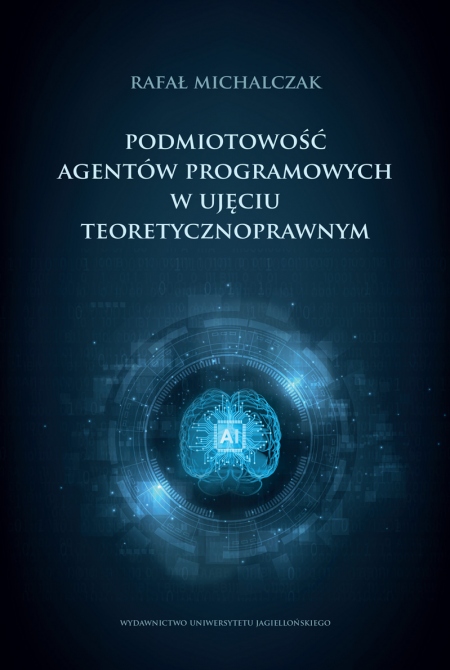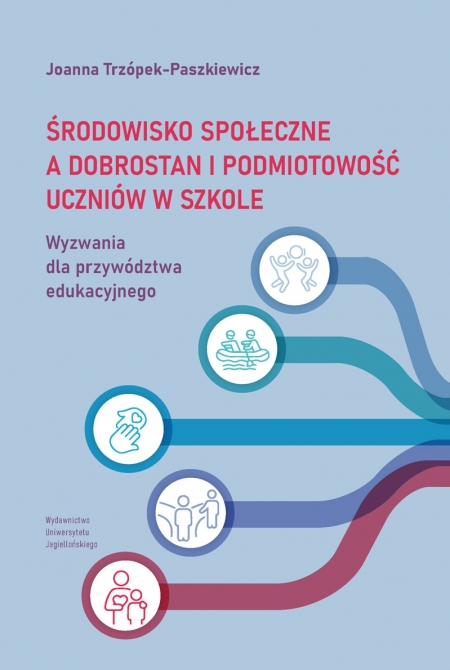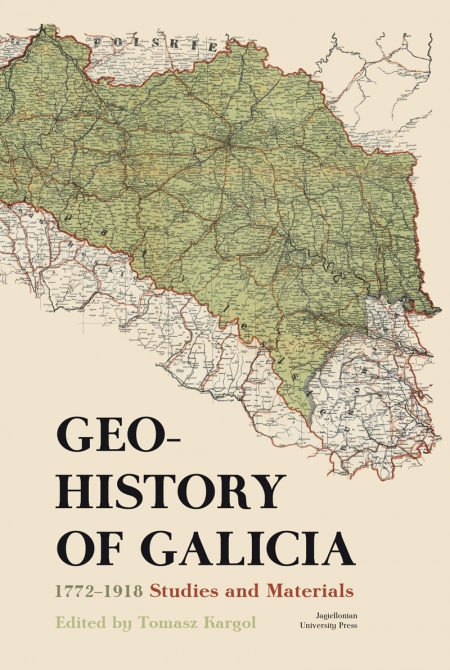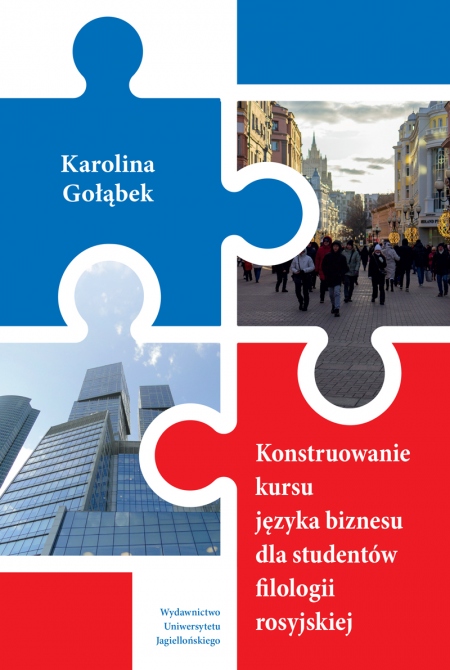
Konstruowanie kursu języka biznesu dla studentów filologii rosyjskiej
Pages: 290
Book format: 15,8x23,5 cm
Publication date: 2025
Publication date: 12.03.2025
Book description
Karolina Golabek's monograph entitled Designing a a business language course for Russian philology students deals with the issue of teaching business language in higher education seen from both linguistic and glottodidactic perspectives.
In the last decade, language teaching for specialized purposes has enjoyed great popularity among language learners, and the growing demand for this kind of didactic offer justifies the dynamic development of this field in the sphere of concepts and scientific research. In the special field of the author's research was the Russian language of business.
The structure of this monograph consists of an introduction, 3 chapters (I. Russian and business language as a specialized language; II. The field of Russian business language on the basis of Russian and Polish textbooks for learning Russian business language; III. Needs analysis the first step in the construction of a business language course for Russian philology students). All chapters are thematically fragmented into several subsections. The structure of the work is completed (in the order of their appearance): conclusion, bibliography, English summary and appendices.
The theoretical considerations in Chapter I, the author began by presenting the scientific status of Russian business language as a specialized language, presented different approaches of researchers on the question of its location within the general language, discourse and stylistics of the language. She also made an attempt to delineate the subject area of the imprecise yet marketable business language. Chapter II of the work provides information on the target groups of textbooks for learning RJB separately for items published in Russia and Poland. This chapter provides valuable information on the areas falling under the term RJB. The author's research workshop included textbooks published after 2000 in Russia (14 items) and Poland (10 items). The author analyzes the thematic areas included in RJB, constituting both its core and periphery. Looking for an optimal methodology for selecting subject circles, the author decided to use classifications created by professional-practitioners, posted on professional web portals: Linkedln, Pracuj.pl, Goldenline. The author used quantitative methods (survey research) and qualitative methods (structured interview and in-depth interview in-depth, i.e. interview). The first study involved a group of 190 Russian philology graduates, using their knowledge of Russian business language in their professional work. The qualitative study, on the other hand, made it possible to supplement the knowledge of the thematic domains used by the respondents in their professional work, to obtain information on the areas of knowledge that require deepening the knowledge of Russian business language.
The monograph submitted to the readers has great application potential. First, the obtained results of empirical research can enrich the the stock of subject knowledge of academic didacticians involved in the process of teaching Russian business language (not only in the fields of Russian studies, but also in other related fields: Slavic studies or applied linguistics with Russian). Second, the presented results can be used in the preparation of a textbook for teaching Russian business language. Third, the results of the study (especially quantitative ones) can be used as a weighty argument in determining the content of the curriculum, the dimension of hours for business specialization with Russian language in future study programs.
In the last decade, language teaching for specialized purposes has enjoyed great popularity among language learners, and the growing demand for this kind of didactic offer justifies the dynamic development of this field in the sphere of concepts and scientific research. In the special field of the author's research was the Russian language of business.
The structure of this monograph consists of an introduction, 3 chapters (I. Russian and business language as a specialized language; II. The field of Russian business language on the basis of Russian and Polish textbooks for learning Russian business language; III. Needs analysis the first step in the construction of a business language course for Russian philology students). All chapters are thematically fragmented into several subsections. The structure of the work is completed (in the order of their appearance): conclusion, bibliography, English summary and appendices.
The theoretical considerations in Chapter I, the author began by presenting the scientific status of Russian business language as a specialized language, presented different approaches of researchers on the question of its location within the general language, discourse and stylistics of the language. She also made an attempt to delineate the subject area of the imprecise yet marketable business language. Chapter II of the work provides information on the target groups of textbooks for learning RJB separately for items published in Russia and Poland. This chapter provides valuable information on the areas falling under the term RJB. The author's research workshop included textbooks published after 2000 in Russia (14 items) and Poland (10 items). The author analyzes the thematic areas included in RJB, constituting both its core and periphery. Looking for an optimal methodology for selecting subject circles, the author decided to use classifications created by professional-practitioners, posted on professional web portals: Linkedln, Pracuj.pl, Goldenline. The author used quantitative methods (survey research) and qualitative methods (structured interview and in-depth interview in-depth, i.e. interview). The first study involved a group of 190 Russian philology graduates, using their knowledge of Russian business language in their professional work. The qualitative study, on the other hand, made it possible to supplement the knowledge of the thematic domains used by the respondents in their professional work, to obtain information on the areas of knowledge that require deepening the knowledge of Russian business language.
The monograph submitted to the readers has great application potential. First, the obtained results of empirical research can enrich the the stock of subject knowledge of academic didacticians involved in the process of teaching Russian business language (not only in the fields of Russian studies, but also in other related fields: Slavic studies or applied linguistics with Russian). Second, the presented results can be used in the preparation of a textbook for teaching Russian business language. Third, the results of the study (especially quantitative ones) can be used as a weighty argument in determining the content of the curriculum, the dimension of hours for business specialization with Russian language in future study programs.
Language
Polish
Title in English
Designing a business language course for Russian philology students
Edition
first
Authors
Karolina Gołąbek
Cover design
Marta Jaszczuk
ISBN: 978-83-233-5454-3
e-ISBN (pdf): 978-83-233-7627-9
Country of producer: Poland
RECOMMENDED BOOKS
105.00
zł
84.00
zł
NEW BOOKS

Konstruowanie kursu języka biznesu dla studentów filologii rosyjskiej
Choose chapters to buy:
Order value:
0.00 zł





